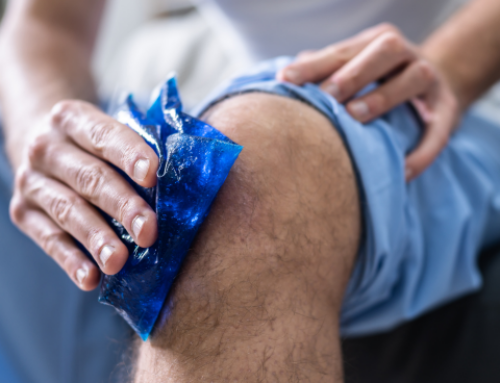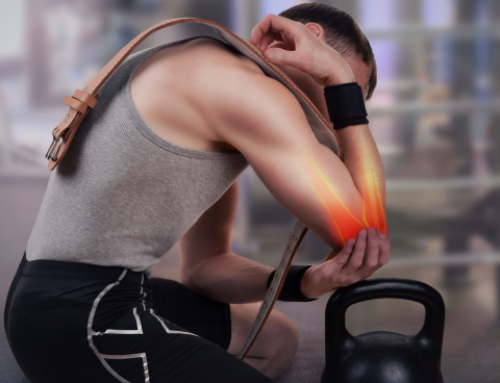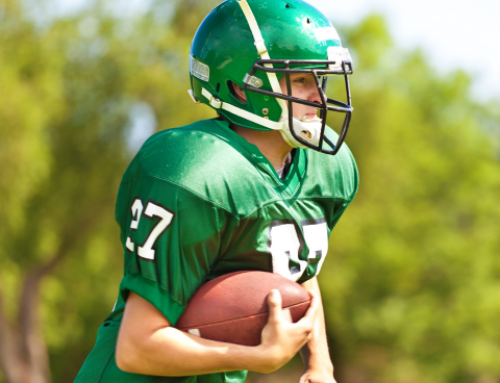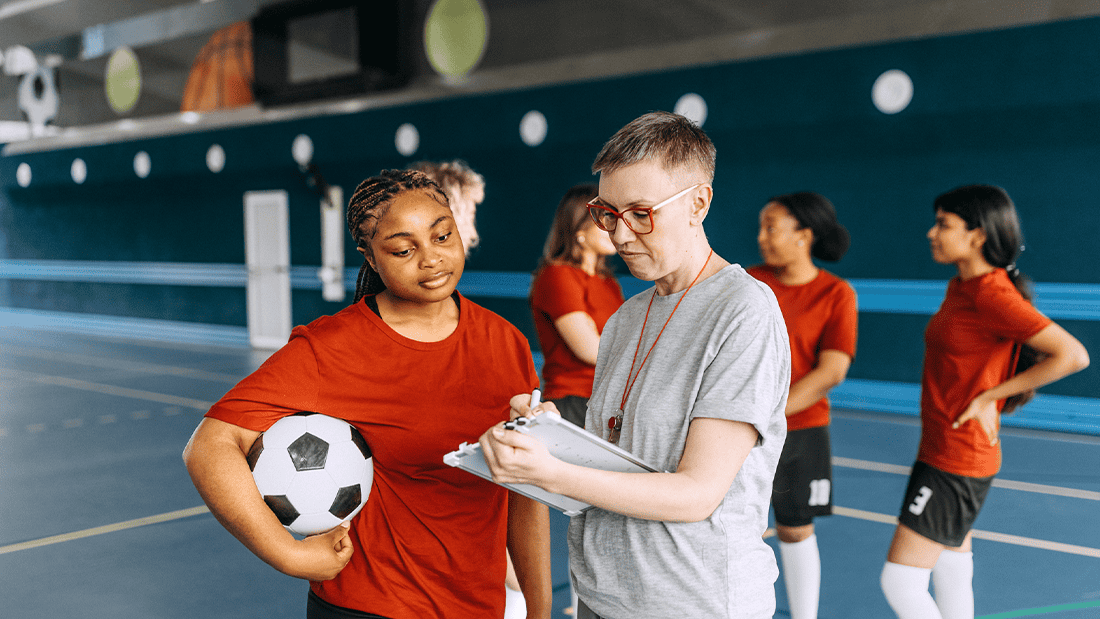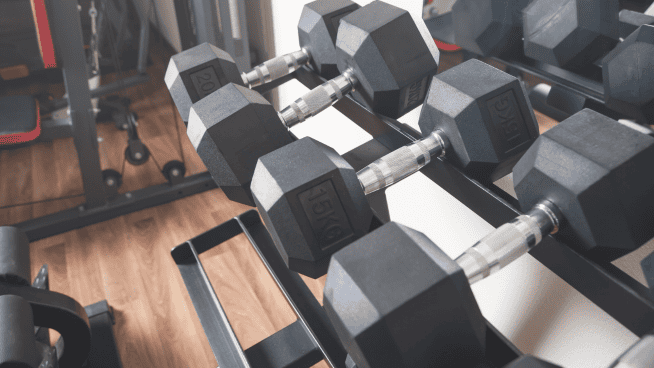Get Healthy Faster With Three Injury Recovery Tips
For a young athlete, few things are worse than getting injured. It sets back your progress, frustrates you mentally and requires extra work once you are healed to get back up to speed.
If you’re injured, see a trainer or doctor to determine how severe it is. If it’s ruled mild enough for self treatment, use the parameters below to recover faster. Dr. Raj, an orthopedic surgeon who has worked with many athletes, provides these basic tips for dealing with common injuries.
R.I.C.E. (Rest, Immobilize, Compress and Elevate)
One of the oldest and most basic treatments, yet still one of the best, especially, in the initial stage of recovery. “Rest your sprained ankles and avoid walking or running on injured legs,” says Dr. Raj. “Putting ice on sprains will decrease inflammation and ease pain. Wrapping a sprained ankle will help keep the injuries from worsening, and elevating your injuries above your heart will aid in blood circulation.” (Learn more about the proper method for icing.) If your symptoms haven’t improved within 48 hours, Dr. Raj recommends seeing a doctor.
Sprains, Strains and Tweaks
In Dr. Raj’s opinion, the most common type of knee injury is the sprain. “These are patients who have overstretched their knee’s ligaments without completely tearing them,” he says. To avoid minor injuries like sprains, make sure to warm up before training. Try a Dynamic Warm-Up that closely mirrors the way you move on the field. This will get your blood pumping, and good circulation can help reduce the risk of injury.
Know Your Timetable
Different types of injuries take different amounts of time to heal. “Mild sprains can be treated within a few weeks,” says Dr. Raj, “while other injuries may take months to recover. Patients who undergo ACL or meniscal tear surgeries may find themselves in recovery for three to four months.” No matter what type of injury you have, don’t expect to get better right away. Be patient and allow yourself to fully recover; you’ll be helping to prevent re-injury and protecting against setbacks caused by getting back into the game too early.
RECOMMENDED FOR YOU
MOST POPULAR
Get Healthy Faster With Three Injury Recovery Tips
For a young athlete, few things are worse than getting injured. It sets back your progress, frustrates you mentally and requires extra work once you are healed to get back up to speed.
If you’re injured, see a trainer or doctor to determine how severe it is. If it’s ruled mild enough for self treatment, use the parameters below to recover faster. Dr. Raj, an orthopedic surgeon who has worked with many athletes, provides these basic tips for dealing with common injuries.
R.I.C.E. (Rest, Immobilize, Compress and Elevate)
One of the oldest and most basic treatments, yet still one of the best, especially, in the initial stage of recovery. “Rest your sprained ankles and avoid walking or running on injured legs,” says Dr. Raj. “Putting ice on sprains will decrease inflammation and ease pain. Wrapping a sprained ankle will help keep the injuries from worsening, and elevating your injuries above your heart will aid in blood circulation.” (Learn more about the proper method for icing.) If your symptoms haven’t improved within 48 hours, Dr. Raj recommends seeing a doctor.
Sprains, Strains and Tweaks
In Dr. Raj’s opinion, the most common type of knee injury is the sprain. “These are patients who have overstretched their knee’s ligaments without completely tearing them,” he says. To avoid minor injuries like sprains, make sure to warm up before training. Try a Dynamic Warm-Up that closely mirrors the way you move on the field. This will get your blood pumping, and good circulation can help reduce the risk of injury.
Know Your Timetable
Different types of injuries take different amounts of time to heal. “Mild sprains can be treated within a few weeks,” says Dr. Raj, “while other injuries may take months to recover. Patients who undergo ACL or meniscal tear surgeries may find themselves in recovery for three to four months.” No matter what type of injury you have, don’t expect to get better right away. Be patient and allow yourself to fully recover; you’ll be helping to prevent re-injury and protecting against setbacks caused by getting back into the game too early.


